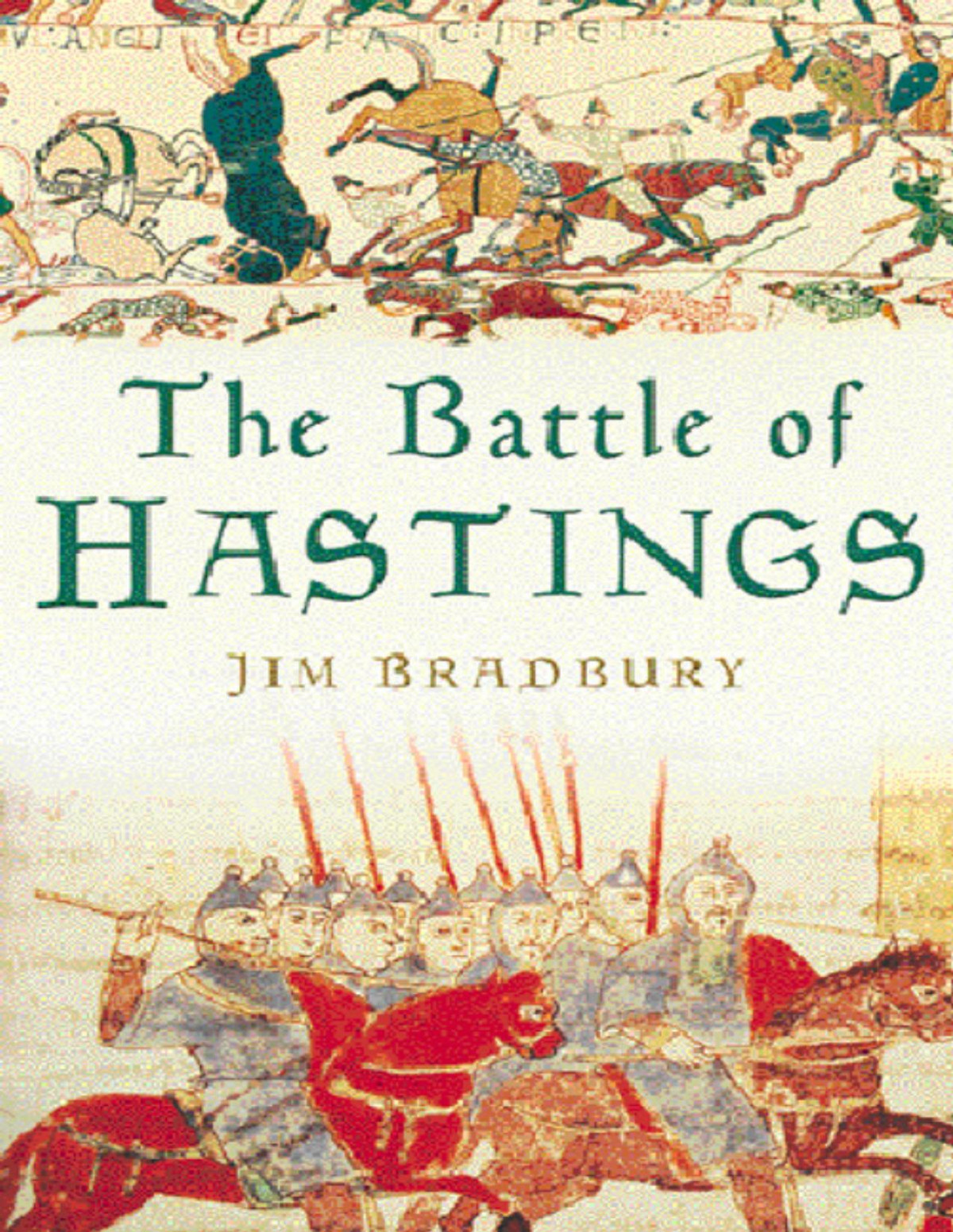

Most ebook files are in PDF format, so you can easily read them using various software such as Foxit Reader or directly on the Google Chrome browser.
Some ebook files are released by publishers in other formats such as .awz, .mobi, .epub, .fb2, etc. You may need to install specific software to read these formats on mobile/PC, such as Calibre.
Please read the tutorial at this link: https://ebookbell.com/faq
We offer FREE conversion to the popular formats you request; however, this may take some time. Therefore, right after payment, please email us, and we will try to provide the service as quickly as possible.
For some exceptional file formats or broken links (if any), please refrain from opening any disputes. Instead, email us first, and we will try to assist within a maximum of 6 hours.
EbookBell Team

4.0
6 reviewsThe Battle of Hastings is probably the best-known and perhaps the most significant battle in English history. Its effects were deeply felt at the time, causing a lasting shift in cultural identity and national pride. Jim Bradbury here explores the full military background to the battle and investigates both the sources for our knowledge of what actually happened in 1066 and the role that the battle plays in national myth. The Battle of Hastings starts by looking at the Normans - who they were, where they came from - and the career of William before 1066. Next, Jim Bradbury turns to the Saxons in England, and to Harold Godwineson, successor to Edward the Confessor, and his attempts to create unity in the divided kingdom. This provides the background to an examination of the military development of the two sides up to 1066, detailing differences in tactics, arms and armour. The core of the book is a move-by-move reconstruction of the battle, including the advance planning, the site, the composition of the two armies and the use of archers, feigned flights and the death of Harold. This is a book that anyone interested in England's most famous battle will find indispensable.
**
About the AuthorJim Bradbury taught history at West London Institute of Higher Education (now Brunel University College) before taking early retirement in order to devote himself to writing. He has written widely on medieval military history, including 'Stephen and Matilda' (The History Press).